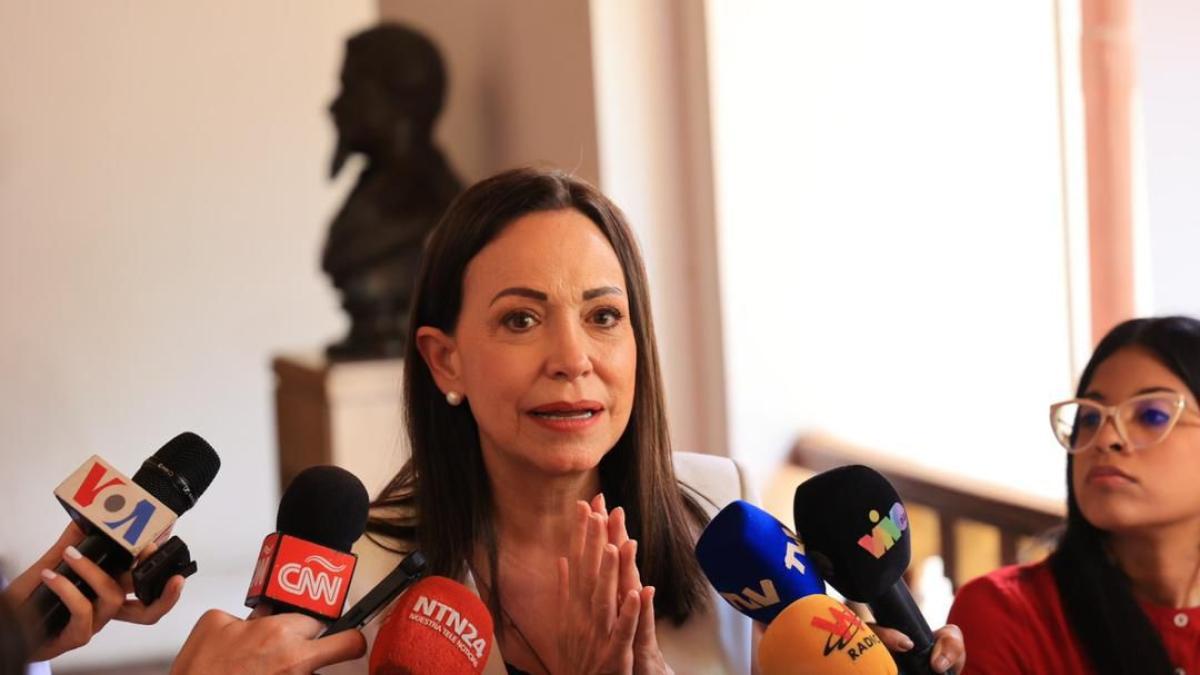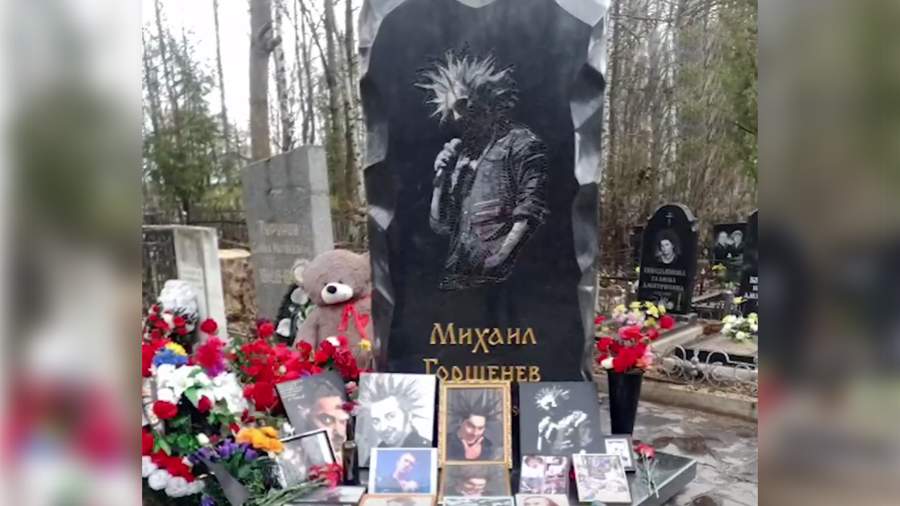Silence was also a way to survive in Finland. Silent traumas are often inherited as stiffness and steepness.
The beginning of the year revived an old ghost: Russia, Russia, and Russia. Meanwhile in Yle’s TV series Cold War Finland Jari Tervo demanded that we acknowledge that we lied to ourselves during the Cold War.
So I walked into the bathroom and looked in the mirror.
My grandfather was in a large embassy that took to St. Petersburg in 1899 an address to Nicholas II, who had begun a period of oppression. In just over a week in the middle of winter, more than 520,000 of the approximately 2.5 million Finns made their name. The tsar did not receive the embassy, and returned home as realist politicians of great power. This realism has tinted my understanding of Eastern relations in a way that I have imagined was quite common in Finland.
From my grandmother, her twin brother disappeared in front of Vyborg in the Great Soviet invasion, and Grandma always reiterated that the neighbor didn’t even get better by frying. Personally, I only went to school in the 1970s, but it occurred to me that Mainila’s shots were an excuse for war in the Soviet Union and that state collective farms were hopelessly ineffective.
Urho Kekkonen was moving in my home, we even had the same doctor, but there was also a lot of twilight in Kekkonen. Even the children learned that the FAQ was in power with the support of the Soviet Union, and the Soviet Union assisted him with the restoration of Porkkala and the note crisis.
At a university course in Russian history in the 1980s, Osmo Jussila taught that the Soviet Union was only a continuation of old Russia: the country was ruled by a small elite with the help of a secret police. While traveling in the Eastern Bloc, it became clear that the planned economy was stalling.
Similar The experiences were probably common in Finland. Why wasn’t they talked about in public?
I don’t think it was just a moral decay. The subject is huge, but it was less than 30 years since the end of the war in the early 1970s, and the enemy forces did not leave Helsinki until 1956. Those who had been wounded and wounded were hard in middle age and working, 90,000 fallen, or remembered by families. lie. The Cold War and the occupation of Prague in 1968, for example, perpetuated the fear that everything would happen again.
It was better to try to survive by mediation and silence. It was learned that the truth lives beneath the surface, and learned to read between the lines. Many retreated to their private lives, others from youth politicians to mountain councilors grabbed Eastern politics and trade.
I appreciate it that Jari Tervo wants light on the past, but I don’t think shame is the best way to remember a country where silence was the way to survive.
Shame is the worst enemy of remembrance: it silences and destroys historical experience. Usually only grandchildren are able to remember. Before that, it is forgotten or condemned.
However, you should remember in order to understand yourself. Silence is still in our spinal cord. One sentence from the president shakes, and when the prime minister says that NATO will not join against the will of the people, we get nervous as if only the state secret shared between us had been revealed to the outside powers.
Shame instead, I would quickly set up a project to break down the wall of silence and gather memory information about the Cold War. An exhibition could also be set up on the subject or a documentary could be made in which, during Finnish translation, different voices could tell how they thought and acted.
The model could be taken, for example, from an exhibition held in Vapriikki in Tampere in 2008, which was once I study. For the first time, the exhibition featured the experiences of both the Reds and the Whites from the Civil War. The people of Tampere also wandered the streets of the city as a procession starring the events of the war. The event helped to relieve silenced traumawho had divided the city.
It, who does not know history is doomed to repeat it. Silenced traumas in particular are often inherited as stiffness and steepness.
This came to mind at the end of Tervo’s documentary, as he rises to the top of the screen, large glasses begin to overshadow his face, and his voice rises.
Suddenly I start to feel like I’ve heard this before: the buzzing away, the commentators are best kept quiet, we’ve all been one of Satan’s tunars.
The author is a professor of communication at the Faculty of Political Science of the University of Helsinki.
.
#Columns #Shame #worst #enemy #remembering #discussing #Cold #War #Finnishization







